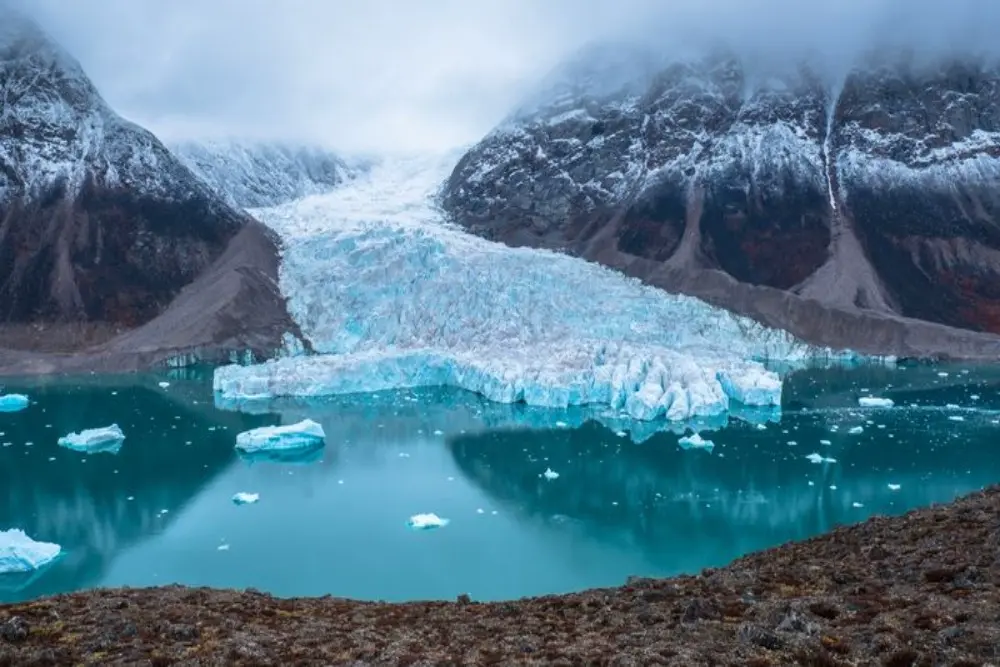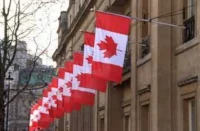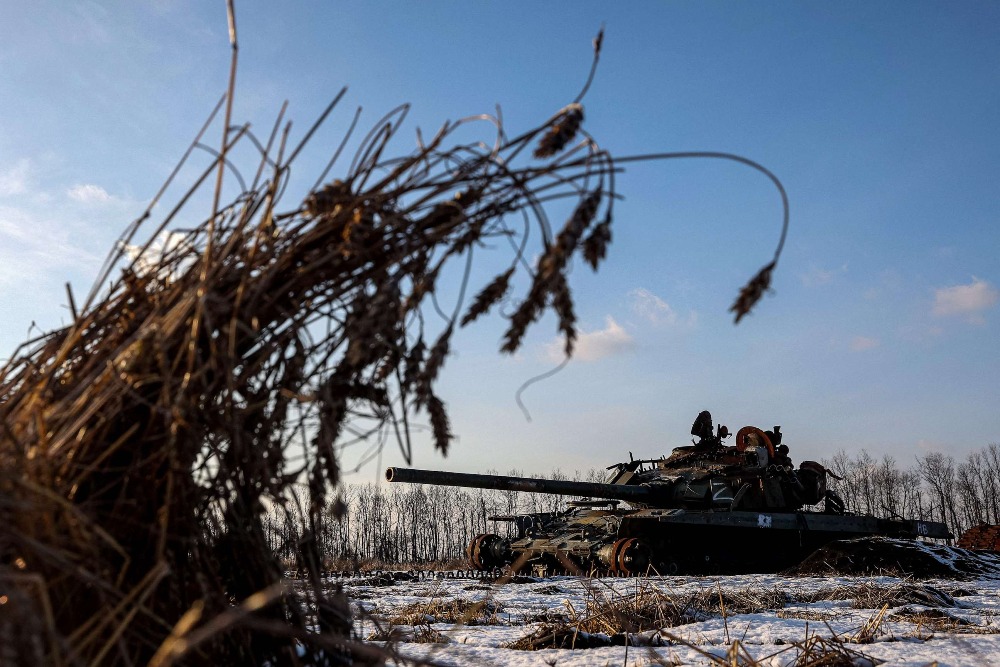
The role Canada plays at the global stage is very predictable: an eternal U.S. ally, and, probably, the only country in the world capable of rivaling Russia in the Arctic (with one caveat we’ll reveal later). Despite the experts saying that the country’s foreign policy interests are focused within North America (for a number of reasons), they will be capable of exceeding those limits in one scenario only: if the country’s political leadership maintains friendly relations with the U.S., and their goals in the Arctic. How important are those relations for Canada today? Is the country ready to choose its own path by developing its involvement in the Arctic-related organizations, or is it doomed to forever follow in the U.S. footsteps?
The discussions about structuring Canada’s foreign policy are presently intensifying due to a number of reasons.
First of all, the country is nearing the next parliamentary election. Despite the debates being always centered around of not local, then regional matters, the international relations issue today should not be discounted. That concerns, first and foremost, charting a foreign policy course that would be fully in line with the national interests, so the parties would need detailed foreign policy programs.
Second, the U.S. election would have a material impact on the foreign policy. If Donald Trump is elected as the U.S. President, that would make the American establishment change their current approach to the Ottawa relations dramatically. During his first term, Trump didn’t consider Canada the closest U.S. ally, despite Canada’s efforts to make it seem that way. In order to prevent history from repeating, Canada needs to somehow document the basics of their bilateral ties for the next 4 years in writing, or it would seem that the exclusivity period in their relations is going to come to an end. You have to face the reality: the foreign policy and the level of U.S. – Canada relations depend primarily on the U.S.
Third, in 2023, Global Affairs Canada (the Canadian Foreign Affairs Ministry) published a discussion paper titled Future of Diplomacy: Transforming Global Affairs Canada, where it was stated that the Government’s goal was to modernize the Ministry to make it more efficient. Because one of its objectives, to protect Canada’s interests abroad, was obviously falling by the wayside.
Doubtlessly, the country is going to increasingly focus on cooperation with the U.S. in the Arctic. Advancing the country’s interests in that direction is predicated, in the author’s opinion, on several factors which are going to play a decisive role in structuring Canada’s foreign policy course in the next decade.
Canada is, first and foremost, trying to find its own place in the world. Realizing its growing importance in the context of ever more significant role the Arctic plays, it’s trying to recharge its foreign policy in order to propel it from a “middle of the road” country to a world-class power. During the Cold War and for some time thereafter, Canada used to act as an intermediary between the U.S. and the rest of the world, by projecting the U.S. goals on its own national interests and advancing them. Their attempts at a deeper integration into international organizations in the 2000s and the 2010s were also not particularly successful: they weren’t able to become a nonpermanent members of the UN Security Council in two tries.
On top of that, Canada is looking for a new place in the world in an environment where political resources are limited. Yes, there are a lot of Canadian representative missions abroad, but their ability to influence key players is tenuous, because the country has not been able yet to draw level with the rapidly changing global realities of today. More likely than not, Canada has to choose a rational approach to its foreign policy. That means that it should forego any attempts to change the balance of power to favor it, or its allies, in the areas where such change is impossible. What does that mean in practice? Minimizing Canada’s activity in Europe, Middle East, and the Indo-Pacific. If Russia and the U.S. can’t afford to fully focus on developing the circumpolar world, Canada can, because it doesn’t have to focus on other areas.
In addition, it’s worth noting that Canada’s foreign policy goals have to become more attractive for its citizenry. If protecting Canada’s interests somewhere in Asia makes an average Canadian raise an eyebrow, developing the Arctic would be welcomed and encouraged.
Focusing on the Arctic would empower Canada to be a partner of the United States, instead of its vassal. If they focus on developing that area, that would make it possible to set up a joint U.S./Canada defensive line up North, or a joint NATO Arctic force, or (more realistically) extending the NORAD (the North American Aerospace Defense Command) control over these territories. Strengthening their military security is entirely in line with both countries’ interests.
That way, Canada, with its vast Arctic territories, can potentially act as an equal, developing its North jointly with the U.S. There’s enough work for everyone there: an ice breaker fleet, food security, Arctic research development. The issue is, if the two counties’ governments will be able to visualize how promising a cooperation like that would be, or if they keep operating at the same relationship level they have today. Would that be enough for Canada that’s currently trying to reimagine its place within the international system? The question remains open: after all, they have been content so far to follow its neighbor’s lead.














Comments